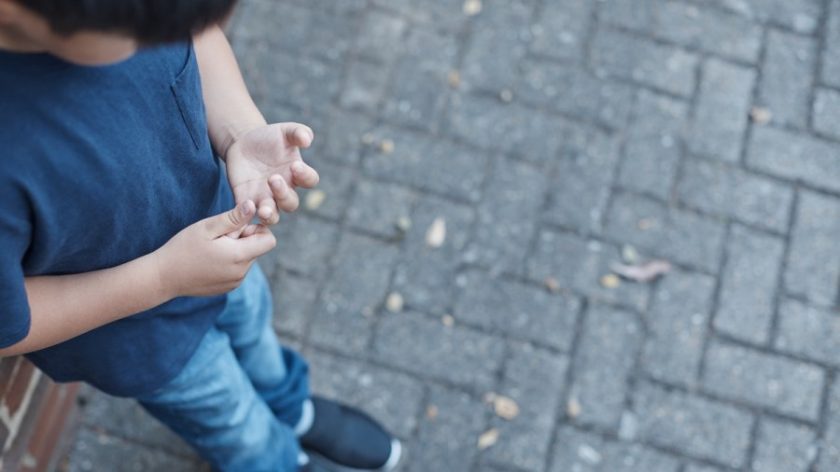NSPCC warns about impact of coercive control on children and young people

The NSPCC has issued a stern warning about the alarming impact of coercive control on children, following data that shows the charity received nearly 1,400 contacts from concerned adults in the last year.
From 1st April 2022 to 31st March 2023, the NSPCC Helpline fielded 4,412 contacts about children experiencing domestic abuse, with 1,359 specifically mentioning coercive and controlling behaviour.
Childline also delivered 1,096 counselling sessions concerning domestic abuse, with 221 sessions mentioning coercive control.
The statistics, supported by the Covid-19 support fund, reveal an average of 131 concerns raised each month through the NSPCC Helpline and Childline.
As schools break for summer holidays, the charity warns that children may be more exposed to coercive control, a pattern of assault, threats, humiliation, and intimidation, often overlooked or minimised.
Children who witness or experience this behaviour may feel isolated, frightened, and suffer poor mental health.
A 17-year-old girl who contacted Childline shared her harrowing experience of living under a father exhibiting narcissistic and coercive control, saying, “I feel hopeless. Only we know the way he really is. I feel like we are my dad’s property once everyone else has gone away.”
Children were officially recognised as victims of domestic abuse under the Domestic Abuse Act in January last year.
Since then, charities including NSPCC have campaigned for enhanced support for young victims, including therapeutic support services, Independent Domestic Violence and Abuse Advisors (IDVAs), helplines, and counselling services.
NSPCC’s Domestic Abuse Recovering Together (DART) programme serves as an example, offering trained specialists to help survivors rebuild their lives.
A survivor of domestic abuse named Margaret* shared how the NSPCC’s programme helped her family: “Both children took part in the NSPCC’s domestic abuse programme at our local centre
They were very obedient and didn’t really behave like children at all. They played quietly and were very subdued.
The activities the centre did with them gave them ample opportunity to speak about their feelings and come to terms with the domestic abuse that they’d witnessed and experienced.”
Paddi Vint, Development and Quality Manager for the Domestic Abuse Practice Advisor Team at the NSPCC Helpline, emphasised the importance of understanding coercive control and reaching out with concerns, stating,
“It is vital that everyone is aware of what coercive control can look like. We will continue to press the Government to improve the support available for child victims of abuse.”
This call to action underscores the urgent need for public awareness and government intervention.
The impact of coercive control on children must not be underestimated, and the summer holidays present a critical time to be vigilant.
Those with concerns about the welfare of a child are urged to contact the NSPCC Helpline on 0808 800 5000 or email [email protected]. Children in need of support can contact Childline on 0800 1111 or visit childline.org.uk.
Spotted something? Got a story? Email: [email protected]
Latest News
